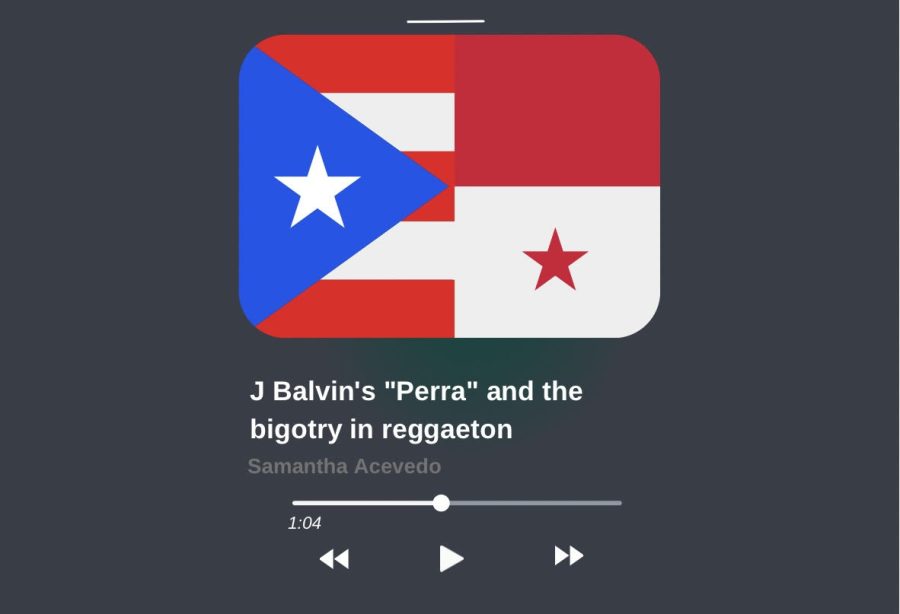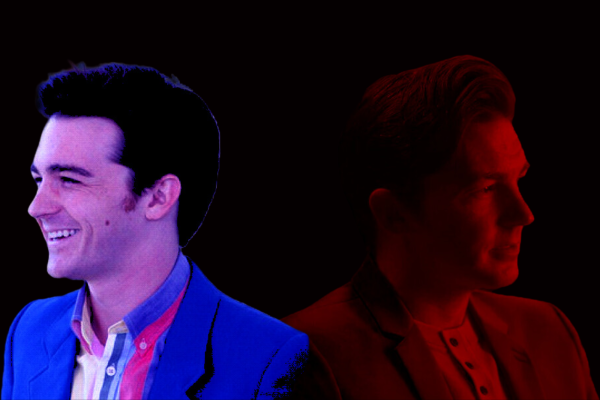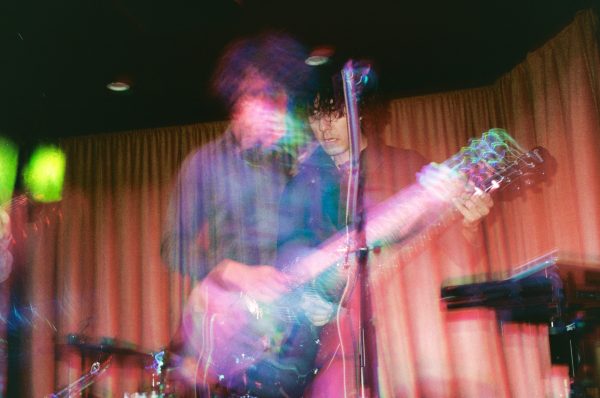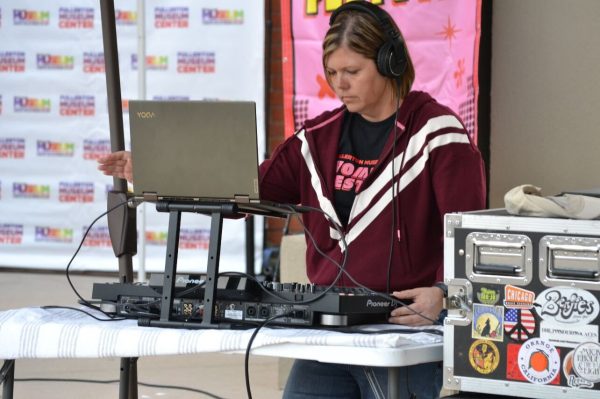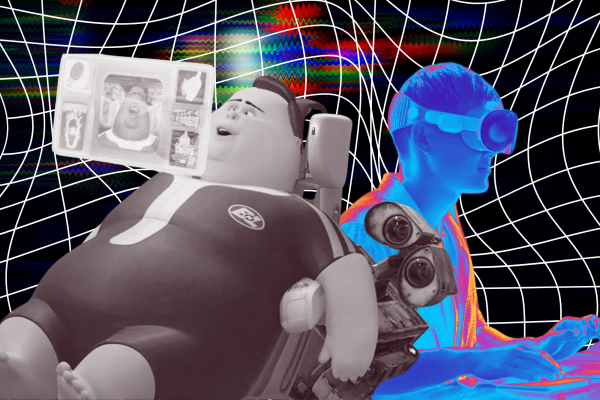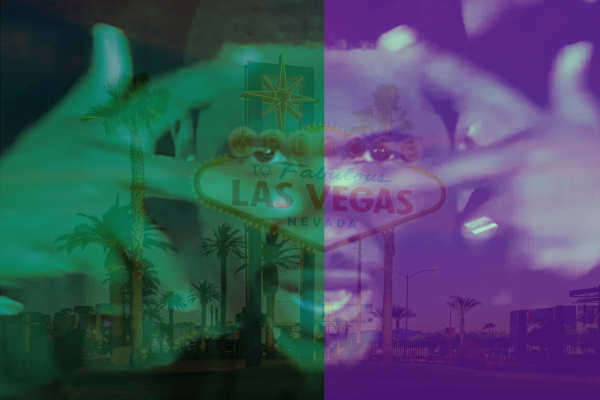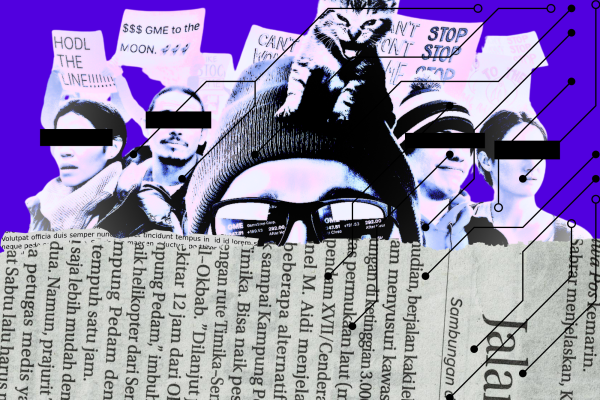J Balvin’s “Perra” Highlights Reggaeton Bigotry
Dear reggaetoneros, you can’t be anti-Black and anti-women in a genre invented by Black people
J Balvin’s “Perra” and the Bigotry in Reggaeton
Picture this: For years, the music scene created by the people of your community has gone global. That genre of music has taken the world by storm, becoming a staple in social settings such as parties and clubs. Names such as “Daddy Yankee” and “Bad Bunny” are considered household names as it has become common to see them dominating the charts on popular radio stations. The world is absolutely enamored and obsessed with that music genre, but here is the catch: the people of your community have no presence in that music scene. In fact, they have been discredited, erased, and even dehumanized by the people currently dominating the scene. Probably feels bad, doesn’t it? Because that is exactly what instead Afro-Caribbeans deal with on a daily basis.
It is no secret that non-Black Latinos hold racist and colorist sentiments. From the lack of dark-skinned figures in the media, to the “burnt” comments you hear from other Latinos whether it is aimed towards you or other Latinos. The racism against Black people in Latin American society runs deep, so deep that it screams “colonizer.” That pretty much sums up the reggaeton scene in today’s world, even if the racism is not so obvious for some.
Let me give you a little bit of historical background on reggaeton.
Reggaeton developed through the influence of the Jamaican music genre “reggae,” hence the part of “reggae” in “reggaeton.” During the construction of the Panamanian canal under U.S. control in the early 1900s, Jamaicans and Panamanians began to swap musical beats and rhythms during the immigration period. As time went on, Panama began to develop a new genre called reggaeton, which was pioneered by El General, who is now considered one of the founding fathers of reggaeton. As time went on, the genre became popular in Puerto Rico, in which a large majority of reggaetoneros – the Spanish word for reggaeton artist – hail from. Reggaeton eventually hit the States by the early 2000s as Daddy Yankee, Don Omar, Wisin y Yandel, and other reggaetoneros put out hit party tunes that took over the charts. As of today, reggaeton has become so common to hear on the radio that even non-Latino artists such as Justin Bieber, Demi Lovato, and Skrillex have decided to join in on making hits as well.
The main problem that lies with the rising popularity of reggaeton, is that the founders of the music genre have been long erased from their own scene.
Nearly all reggaetoneros in the reggaeton industry are non-Black people. Bad Bunny, Karol G, and even the man in question, J Balvin, are not Black people. With this information being laid out, it is time to acknowledge the elephant in the room – are these artists uplifting the originators of reggaeton?
Most of them do not. J Balvin’s newest debacle proves this.
With his newest controversial single “Perra” featuring Tokischa, the reggaetonero has surely reinforced those racist and misogynistic sentiments that have a gorilla grip on Latin America. In the music video, artist Tokischa sings about being “a b**** in heat” all while J Balvin raps that he will “put you in fours” because “You’re a b****/Not a cat.” The video also includes the depiction of Black Latinos, and more specifically Black Latinas, as dog-faced people with aggressive demeanors on all fours for him.
It is pretty self explanatory how racist and misogynistic “Perra” is. Comparing Black women to dogs who are aggressive creatures that need to be controlled is a reinforcement of a harmful caricature that has caused marginalized individuals pain and suffering for centuries.
Of course, Black Latinos were left in shock, feeling disrespected and downright disgusted that somebody would have the gall to do this, especially in a music scene created by Black Latinos.
“The music video was a very gross and offensive display of Afro-Latinas,” 21-year-old Puerto Rican Carolina Rivera said about the video. “Especially when looking at his other stuff where he’s never featured dark-skinned Latinas before in a decent light, but then in this one he completely dehumanized them.”
Rivera also made a point that anti-Blackness and the hatred for women has always existed in reggaeton, stating that “non-Black reggaetoneros like J Balvin have always been in this place of privilege and ignorance, and it’s as unsurprising as it is disappointing.”
Rivera, who proudly identifies as a Brown Puerto Rican, also added that the current reggaeton scene has been constructionalized by colorism.
“J Balvin’s music video felt like the perfect example of how Latina women are all kinda situated in the same types of roles in reggaeton music videos based on how light or dark their skin tone is.”
Many prominent figures such as Vice President of Colombia Marta Lucia Ramirez and Women’s Equity presidential advisor Gheidy Gallo Santos condemned Balvin’s video.
“The artist uses images of women and people of African descent, population groups with special constitutional protection, whom he presents with dog ears. In addition, while walking, the singer carries two Afro-descendant women tied with chains around their necks and crawling on the floor like animals or slaves,” Ramirez and Santos wrote in their official statements. “As if that were not enough, the lyrics of the song have direct and open expressions sexist, racist, macho and misogynist who violate women’s rights when comparing them with an animal that must be dominated and mistreated, with expressions that are not worth repeating. It is an attack against women and an exercise in sexist violence.”
Balvin’s own mother even shamed his son for putting out such racist and sexist imagery of Black women, as she told a Colombian radio station.
“Where is the Josésito that I know?” over a phone call. “That song is not … I don’t even know what to say. I did not see my José anywhere.”
J Balvin eventually took to Instagram Live to make an apology, stating that he is “sorry to whomever felt offended, especially to the Black community,” he added. “That’s not who I am. I’m about tolerance, love and inclusivity.”
Needless to say, Balvin’s apology was pretty half-assed. If he was truly sorry about what he did and truly did stand for love and inclusivity, he would have included Black women in a positive manner.
Amaya Manuél, who identifies as Dominican-American, concluded that the apology is unacceptable given how anti-Blackness is normalized and dismissed in Latin America.
“It’s just so repetitive, like it feels like the same paragraph that every other racist has released for the past year,” she said while watching the “I Like It” rapper’s apology.
Although the topic of inclusivity and decency towards Afro-Latinos seems like a pretty complex issue to some Latinos like J Balvin, Manuél refutes that it is quite easy.
“They always just have to sexualize the hell out of black women, like damn can y’all just put her (Black women) in a cute little dress and have her eat cake on a picnic basket or something?” she explains. “Why is it so hard for them to just be in love with a Black woman, is it really the craziest thing ever to love Black people?”
The racism against Black Latinos, to make a long story short, is a plague in the Latin American community. If you’re going to be an ally for Afro-Latinos, don’t be a bystander and let your Gusano uncle talk down on Black people. Confront that Latino in your class about the “burnt” comments, actively use your voice and privilege to advocate for Black people. Especially the ones who are being erased in their own spaces, exactly how they are being dehumanized in reggaeton.


